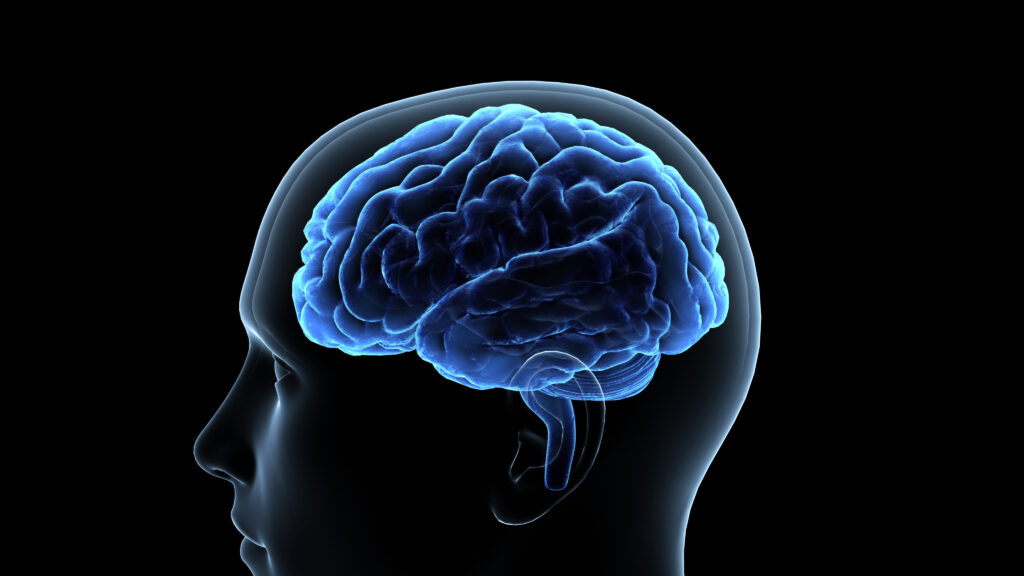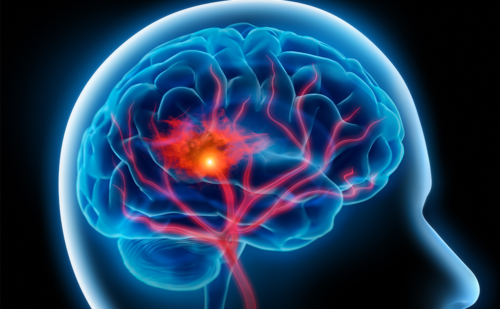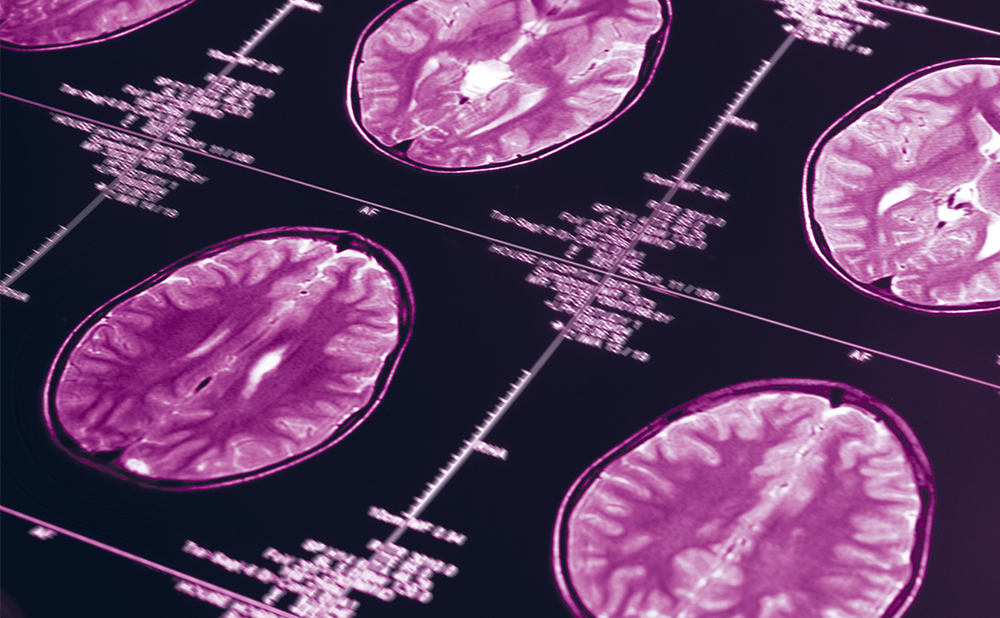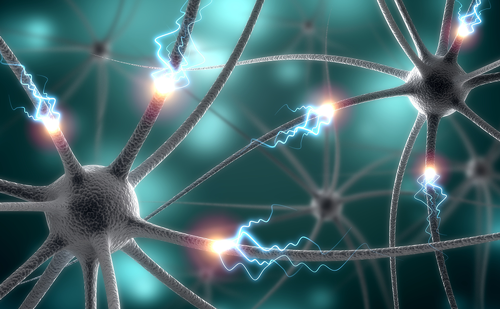Watch the full interview here:
Alzheimer’s disease (AD) is the most common form of dementia, and causes a progressive decline in memory, language, executive and visuospatial function, personality and behaviour.1 For many years, there have been only four approved medications to improve cognition in patients with AD, but these only address the symptoms, and do not affect the course of the underlying disease.2–5 In an expert interview, Professor Jeffrey Cummings discusses the role of inflammation in AD and the upcoming GREEN MEMORY study (NCT04520412), a global randomized clinical trial investigating the use of GV-971 (sodium oligomannate) for the treatment of AD.6,7
Q. What are the key therapeutic targets in Alzheimer’s disease?
The key targets in AD are amyloid, of course, which we’ve been working with for many years, and tau, which is associated with neurodegeneration and neurofibrillary tangles.
Q. What treatments are currently available for Alzheimer’s disease?
Inflammation is increasingly recognized as an important target for AD therapeutics. Beyond that, metabolic factors and genetic factors are also being looked at.
The currently available therapies include the cholinesterase inhibitors and memantine, which we’ve had for many years. In 2021, aducanumab was approved in the USA. It is an anti-amyloid monoclonal antibody. In 2019, GV-971, or oligomannate, was approved in China and is on the market in China.
We increasingly recognize that inflammation has a critical role in neurodegeneration. The activities in the brain with amyloid and tau generate inflammation, and that exacerbates neuronal death.
Q. How might inflammation and gut homeostasis play a role in combating Alzheimer’s disease?
One of the important sources that we now recognize is dysbiosis of the gut. So, by having inflammatory processes in the gut, one can measure inflammatory processes in the blood, and those inflammatory processes, in turn, influence inflammation in the brain.
Q. What is the GREEN MEMORY trial?
GV-971, or oligomannate, was approved in China and is on the market there following a successful phase III trial in China.8 To determine the efficacy and safety of GV-971 in global populations, the GREEN MEMORY trial has been initiated. It includes sites in North America, in Europe and in China, and will explore the efficacy, the safety and the biomarker effects of GV-971.














